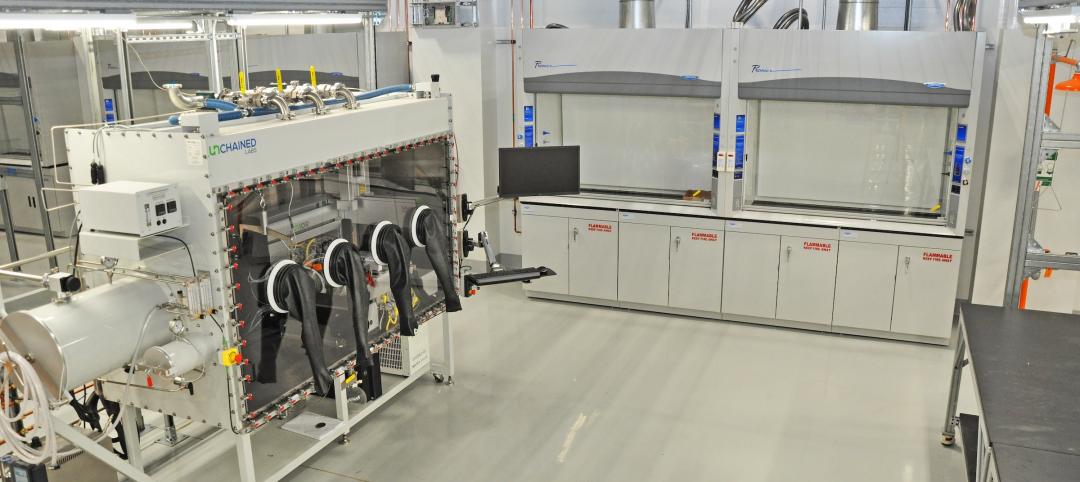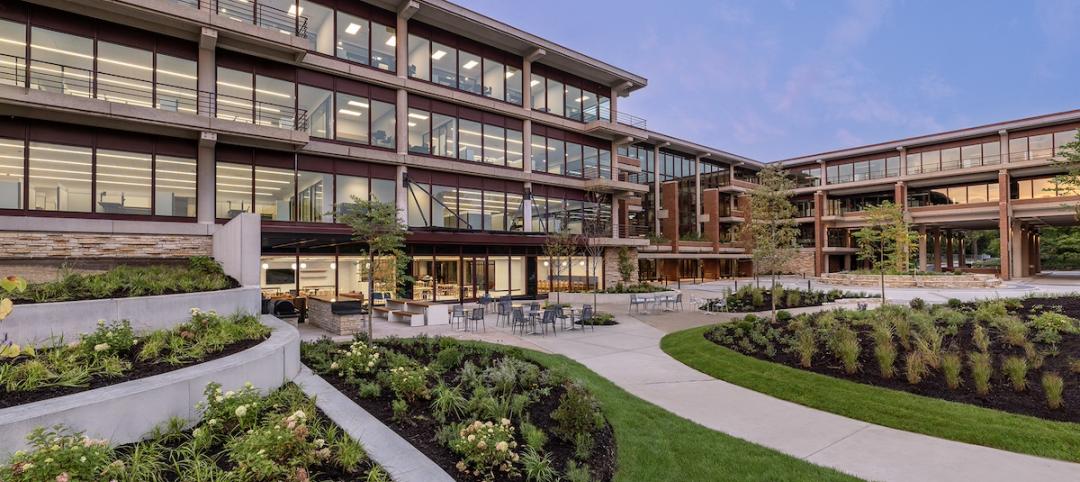The recent approval of the Southern Pine Inspection Bureau’s (SPIB) new design values for visually graded Southern Pine lumber by the American Lumber Standard Committee (ALSC) Board of Review has generated more questions among producers and customer groups.
The Southern Forest Products Association (SFPA) facilitated a task group of industry leaders representing key customer groups to develop answers to the most commonly asked questions regarding new design values and their implementation. This new collection of questions and answers is now available at www.southernpine.com.
SPIB issued Supplement No.9 to the 2002 Standard Grading Rules for Southern Pine Lumber providing new design values effective June 1, 2012.
The only design values that will change on June 1 apply to visually graded Southern Pine and Mixed Southern Pine sized 2 to 4-in-wide and 2 to 4-in-thick (2x2s through 4x4s) in No.2 and lower grades (No.2, No.3, Stud, Construction, Standard and Utility).
What about dense and nondense lumber? What about prime lumber grades? What happens between now and June 1?
These are among the new questions answered in SFPA’s updated web pages. A helpful table is included listing the new design values for Southern Pine and Mixed Southern Pine, effective June 1, 2012.
Answers address transition issues, how to obtain similar load-carrying capabilities, and why only some grades and sizes are affected at this time. More than two-dozen questions are answered in this updated collection, including a supplemental set of questions with answers providing important background information on this issue.
“The effective date of June 1 allows for an orderly transition to the new design values,” says Cathy Kaake, SFPA’s senior director of engineered and framing markets. “These answers address the most common questions raised since the ALSC’s decision earlier this month,” she adds.
The Southern Forest Products Association (SFPA) continues to facilitate the dialog about new design values and their implementation. Between now and June 1, SFPA will provide more information as it becomes available; check www.southernpine.com frequently for updates. BD+C
Related Stories
Office Buildings | Mar 8, 2024
Conference room design for the hybrid era
Sam Griesgraber, Senior Interior Designer, BWBR, shares considerations for conference room design in the era of hybrid work.
Architects | Mar 8, 2024
98 architects elevated to AIA's College of Fellows in 2024
The American Institute of Architects (AIA) is elevating 96 member-architects and 2 non-member-architects to its College of Fellows, an honor awarded to architects who have made significant contributions to the profession. The fellowship program was developed to elevate architects who have achieved a standard of excellence in the profession and made a significant contribution to architecture and society on a national level.
Sports and Recreational Facilities | Mar 7, 2024
Bjarke Ingels’ design for the Oakland A’s new Las Vegas ballpark resembles ‘a spherical armadillo’
Designed by Bjarke Ingels Group (BIG) in collaboration with HNTB, the new ballpark for the Oakland Athletics Major League Baseball team will be located on the Las Vegas Strip and offer panoramic views of the city skyline. The 33,000-capacity covered, climate-controlled stadium will sit on nine acres on Las Vegas Boulevard.
Adaptive Reuse | Mar 7, 2024
3 key considerations when converting a warehouse to a laboratory
Does your warehouse facility fit the profile for a successful laboratory conversion that can demand higher rents and lower vacancy rates? Here are three important considerations to factor before proceeding.
Shopping Centers | Mar 7, 2024
How shopping centers can foster strong community connections
In today's retail landscape, shopping centers are evolving beyond mere shopping destinations to become vibrant hubs of community life. Here are three strategies from Nadel Architecture + Planning for creating strong local connections.
Market Data | Mar 6, 2024
Nonresidential construction spending slips 0.4% in January
National nonresidential construction spending decreased 0.4% in January, according to an Associated Builders and Contractors analysis of data published today by the U.S. Census Bureau. On a seasonally adjusted annualized basis, nonresidential spending totaled $1.190 trillion.
MFPRO+ Special Reports | Mar 6, 2024
Top 10 trends in senior living facilities for 2024
The 65-and-over population is growing faster than any other age group. Architects, engineers, and contractors are coming up with creative senior housing solutions to better serve this burgeoning cohort.
Architects | Mar 5, 2024
Riken Yamamoto wins 2024 Pritzker Architecture Prize
The Pritzker Architecture Prize announces Riken Yamamoto, of Yokohama, Japan, as the 2024 Laureate of the Pritzker Architecture Prize, the award that is regarded internationally as architecture’s highest honor.
Office Buildings | Mar 5, 2024
Former McDonald’s headquarters transformed into modern office building for Ace Hardware
In Oak Brook, Ill., about 15 miles west of downtown Chicago, McDonald’s former corporate headquarters has been transformed into a modern office building for its new tenant, Ace Hardware. Now for the first time, Ace Hardware can bring 1,700 employees from three facilities under one roof.
Green | Mar 5, 2024
New York City’s Green Economy Action Plan aims for building decarbonization
New York City’s recently revealed Green Economy Action Plan includes the goals of the decarbonization of buildings and developing a renewable energy system. The ambitious plan includes enabling low-carbon alternatives in the transportation sector and boosting green industries, aiming to create more than 12,000 green economy apprenticeships by 2040.

















